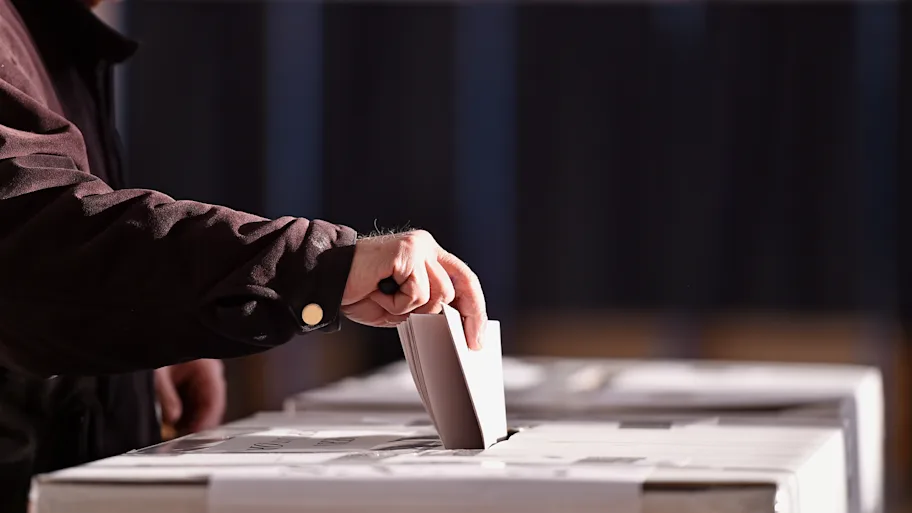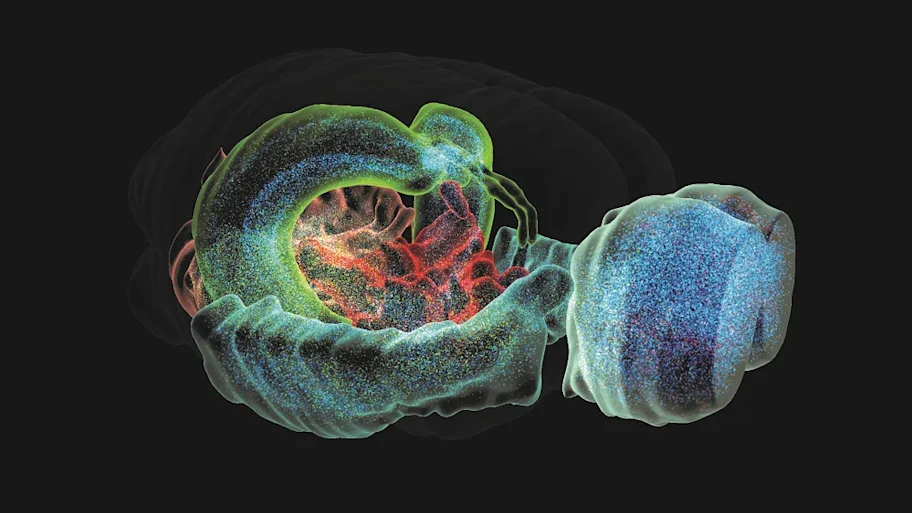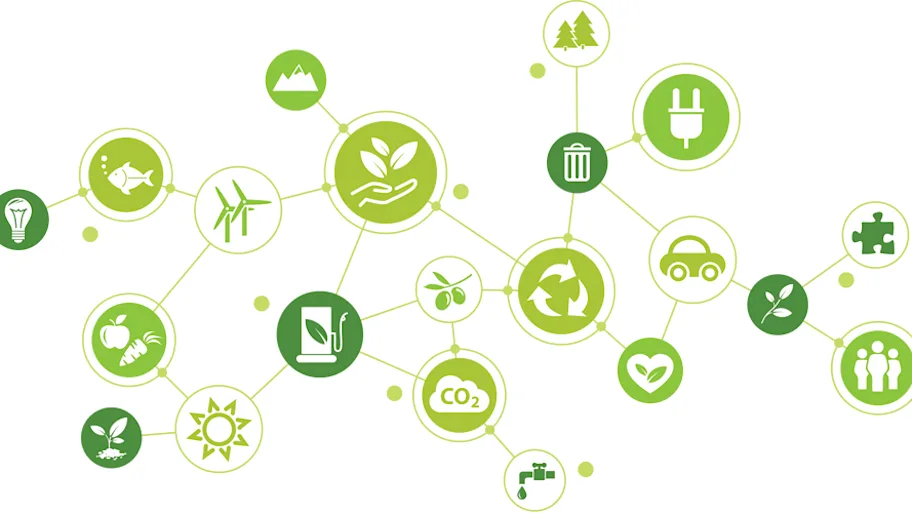
- Science News
- Life sciences
- In politics, does rudeness win?
In politics, does rudeness win?

A new research project wants to track if our politics is getting ruder or whether it’s the media – stupid!
— Tanya Petersen
“Happy New Year to all, including to my many enemies and those who have fought me and lost so badly they just don’t know what to do. Love!” This is how US President, Donald Trump kicked off the new year – a welcome to 2017 tweet with an obvious dig. Was this rude or perhaps just churlish? While a fascinating new research project about to get underway at the Swiss Federal Institute of Technology (EPFL) in Lausanne won’t be studying in detail the political musings of Donald Trump it will be trying to assess whether our politics has become ruder over time.
And to do this research open data is key. Led by Dr Robert West and graduate student, Seth Vanderwiltthe, the project will start by looking at the US congressional records – an un-sampled record of what people say in a certain environment. Dr West says these are the prime example of open data. They are records that have existed from the beginning, they have always been public and now they are digitally available for researchers.
The project relates to earlier work by Stanford economist Dr Matt Gentzkow who used a statistical machine learning model to use the speeches of a given person to predict whether they were a Democrat or a Republican. In the past this was much more difficult as most politicians used similar, much more problem oriented, language and the algorithm had close to a 50% error rate in its predictions. By the 1990’s data mining showed that political language had become much more polarized and the algorithm demonstrated a higher accuracy in determining what side of politics a speaker represented.
The ‘rudeness in politics’ project will similarly use a time series but attempt to quantitatively measure something else –the rudeness of language. The research team will develop a machine learning model to recognize rude language and look at whether, over time, the prevalence of rude utterings has increased. But this analysis will just represent the baseline. Dr West says in parliament people are probably still quite constrained in their language and he suspects there will be a stronger signal outside. What he is particularly interested in is the media and how it plays a role in evolving political discourse, “let’s say we just have access to the New York Times 100 years archive and we measure things there. If we observe that the rudeness of language increases there could be two completely different reasons. It could be that, really, politicians are getting ruder or, at the other extreme, politicians could be saying exactly the same things but the media just pick out the ruder things because that’s easier to pitch and to get ratings. So, we will be looking at both – the congressional record which is unfiltered and the media which is filtered.” While the United States will be the starting point for the research there is the potential to look at Canada, Australia, the UK and non English speaking countries where comprehensive parliamentary records exist.
And this is where access to open data becomes so critical for Dr West’s research. Getting the congressional records is easy, he says, because that is on the digital public record. Getting a representative sample of thousands, or tens of thousands, of different media outlets is much more difficult. Firstly, most digital records don’t go back very far and those that do can be complicated to access. It is, Dr West says, often a case of asking people to be nice to you, “the open data movement is still in its infancy so often what we have to do is appeal to people to be kind to us basically. It can be a delicate process and sometimes you just luck out and sometimes they come back and say ‘here’s a link to the dataset, other times they don’t reply at all and other times it’s not possible — there are certain restrictions on copyright.”
Restrictions on open data fundamentally limit the research that Dr West and his colleagues are able to undertake although he acknowledges that there are trade-offs with things such as privacy and copyright. On the flipside, Dr West says the opportunities with open data are enormous and he is bullish, “I think a lot of people, especially in Europe wear the black hat but I’m focusing on the positive things we could do – what could we do if we had all the data – what are the cool, positive changes we could cause in the world? It’s the premise of everything we do.” He imagines a world in which advances in computer privacy would make it possible to share such data sets in safe ways, aggregated so that researchers know it’s fine to work with, making it much easier for companies to give this away. He also wonders whether companies could offer computational time on their servers bringing the algorithm to the data rather than the data to the algorithm but is skeptical we will see this mindset change happening anytime in the near future.
In the meantime, Dr West hopes that in such a polarized world, by helping to uncover whether and why political language is getting ruder, the research may contribute in some small way to making our 21st century politics just a bit kinder.
Frontiers Tanya Petersen met with Robert West at EPFL.
REPUBLISHING GUIDELINES: At Frontiers, open-access and sharing research is part of our mission. Unless otherwise noted, you can republish our articles posted in the Frontiers blog – as long as you credit us with a link back. Editing the articles or selling them is not allowed.






